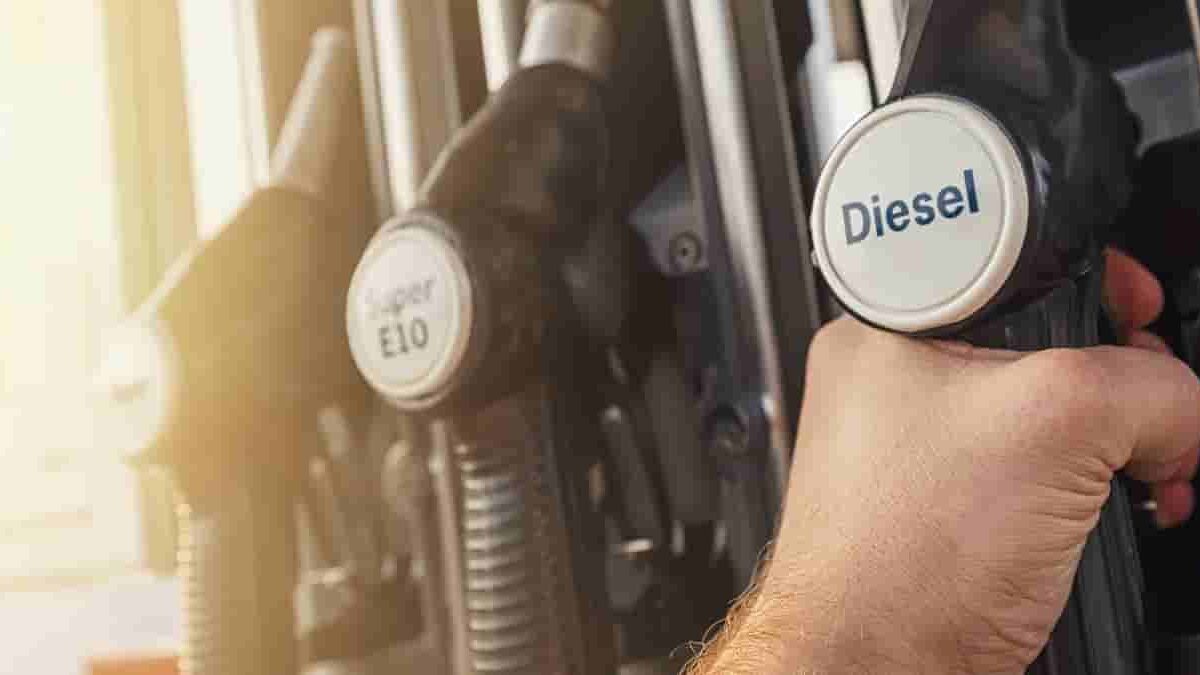Workers who drive diesel vehicles for business are expected to face price hikes after fresh volatility hit the fuel market.
The cost of filling up a transit van has spiked more than 5p to 185.84 pence since the beginning of October – the equivalent of an extra £4 a tank. The steepling prices are related to the Organization of the Petrol Exporting Countries’ (OPEC) decision to cut back production of barrels by nearly 2 million a day and economic factors such as the relative weakness of the pound.
In response to the rises the AA’s chief fuel spokesman, Luke Bodset, said: ‘Although the jump in diesel prices is not as severe as in February, at the start of the Ukraine War, the 5p-a-litre increase comes with inflation soaring.
‘Many haulage and delivery firms insulate themselves from these price shocks with a system of surcharges that passes extra costs on to their customers rapidly.
‘But for smaller businesses providing local services, particularly in rural areas, sudden cost hikes become very personal with customers.
‘The dilemma then is: pass them on and risk losing clients, or move closer to going bust.’
Uber and out
As well as the extra stresses placed on the operating costs of tradespeople, the news will be greeted with dismay by drivers working for delivery giants such as Uber Eats. Recent strike action in Slough by drivers concerned about rising fuel costs and low earnings caused widespread disruption to takeaway deliveries in the area. The strikes come on the back of a wave of unrest from gig workers who say that high costs and low wages are making their working lives unsustainable.
The Workers Union Says…
This news service has repeatedly highlighted the failures of fuel company chiefs and large resellers to offer workers a square deal at the pump. Yes, workers – real people not balance sheets and statistics, with real concerns about the escalating costs of doing business.
One tradesman The Workers Union spoke to talked about feeling ‘persecuted’ for making his business a success, after sky-high diesel prices saw him fork out £300 a week just to keep his van on the road.
Ask industry leaders and they will tell you that the squeeze is solely the consequence of world events. But world events are a convenient scapegoat when motorway services hold their prices at significantly higher figures than other forecourts and oil refineries seek rapid increases in their profit margins.
There’s a lesson in this that big oil, governments and retailers would do well to remember. Petrol and diesel may power our vehicles, but the true engine of economic success is the British people. We must take a serious grip of this issue before the essential services, innovation and graft that make this a great nation suffers substantial, long-term harm.





